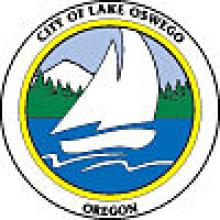Thoughts on 2015, Predictions for 2016 - Community Broadband Bits Episode 183

Given all the exciting events of 2015 and our hopes for 2016, we decided to do another year end / year beginning show that looks both backward and forward. Unfortunately, our timing did not allow for Lisa to join us in the recording, but Christopher Mitchell is joined by communications staff at the Institute for Local Self-Reliance -- Rebecca Toews and Nick Stumo-Langer.
We talk about what strikes us about the past year and what we expect to be happening in the near future. When I write "we" I mean that Christopher dominates the discussion. We will be back with our usual interviews starting next week.
This show is 27 minutes long and can be played on this page or via Apple Podcasts or the tool of your choice using this feed.
Transcript below.
We want your feedback and suggestions for the show-please e-mail us or leave a comment below.
Listen to other episodes here or view all episodes in our index. See other podcasts from the Institute for Local Self-Reliance here.
Thanks to Arne Huseby for the music, licensed using Creative Commons. The song is "Warm Duck Shuffle."






 Image courtesy of tiverylucky at FreeDigitalPhotos.net
Image courtesy of tiverylucky at FreeDigitalPhotos.net

